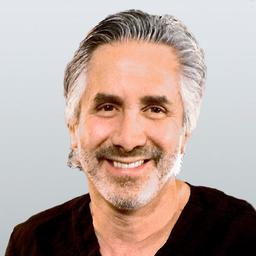The phone started ringing at about 2 a.m. I think I picked it up with the second ring. It was the hospital, and I was needed. Not an emergency, but urgently. I got up, grabbed socks, scrubs, and my lucky “surgery shoes” before washing up and kissing my now wide awake wife goodbye.
I was always amazed that she was wide awake when I got ready to leave for one of my early morning calls. I found out the reason for that 10 years later when I was fitted with my first hearing aids. I had always complained—or should I say my wife had always complained—that I always asked people to repeat themselves. The first night with those hearing aids was ear-opening.






